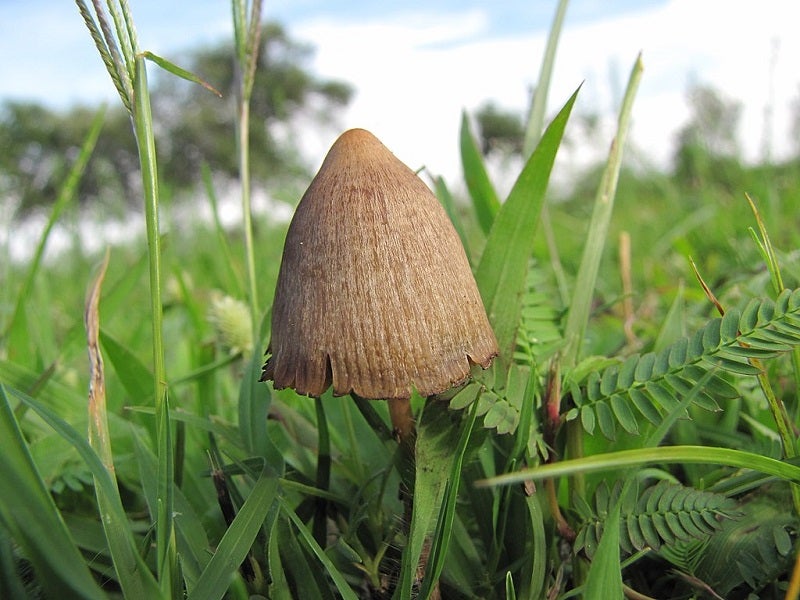When the phrase “magic mushrooms” is mentioned, most people associate it with a recreational psychedelic drug that was key to the hippie movement in the 1960s. However, researchers have recently discovered that the drug may help treat major depressive disorder (MDD) due to its active ingredient, psilocybin. The molecule is produced in many species of mushroom and is the reason why they produce a “high”. It is a receptor of the serotonin family that mimics the action of serotonin and inhibits the firing of serotonin-dependent neurons, thereby causing alteration of mood and eliciting a therapeutic response.
Psilocybin is currently listed as Schedule 1 under the UK’s Misuse of Drugs Regulations 2001, which means that there is no therapeutic value associated with the drug. As such, it cannot be lawfully possessed or prescribed, and can only be used solely for research purposes. With the relaxation of laws surrounding cannabidiols in the UK, questions have been raised about whether psilocybin could be the next recreational drug in line for approval, especially considering the possibility that psilocybin may prove efficacious in MDD.
According to GlobalData’s Major Depressive Disorder Epidemiology Forecast, the total prevalent cases of MDD in patients ages 18 years and older in 2025 will be 3,700,000 in the UK, representing 7% of the population ages 18 years and older. The estimated cost of depression on the UK in 2007 amounted to £7.5B ($9.63B) annually, representing a heavy burden for the National Health Service (NHS). According to key opinion leaders (KOLs) interviewed by GlobalData, one of the most significant unmet needs in the depression market is products with better efficacy and safety profiles. Furthermore, in the 2017 Global Drug Survey, psilocybin mushrooms were found to be the safest drugs to take, as only 0.2% of the 10,000 participants of the survey who have taken psilocybin mushrooms needed emergency medical treatment.
In December 2015, Imperial College completed a Phase II, non-randomised, uncontrolled, open-label study to assess the pharmacodynamics and intensity of oral psilocybin in subjects with treatment-resistant depression. Based on the study results, subjects who were treated with psilocybin had marked improvements in the symptoms of depression severity after treatment. Seven out of 12 subjects displayed positive response for three months after treatment, with five remaining in remission after three months. Additionally, no unexpected adverse events were reported during the study; subjects largely suffered from transient anxiety and headaches. Due to the small sample size of the study, conclusive results cannot be drawn about psilocybin’s efficacy. However, researchers in the field are very interested in seeing large-scale studies to evaluate whether psilocybin can be used as a potential treatment.
Evidence that psilocybin displays efficacy and safety in patients with MDD is increasing. Currently, there are two ongoing clinical studies across the UK that are evaluating psilocybin’s safety and efficacy in MDD and treatment-resistant depression, sponsored by Imperial College London and Compass Pathways, respectively. If psilocybin mushrooms continue to boast good efficacy and safety in these upcoming studies, it could lead to the relaxation of regulations and soften the stigma surrounding the drug, especially in the UK.

US Tariffs are shifting - will you react or anticipate?
Don’t let policy changes catch you off guard. Stay proactive with real-time data and expert analysis.
By GlobalData

